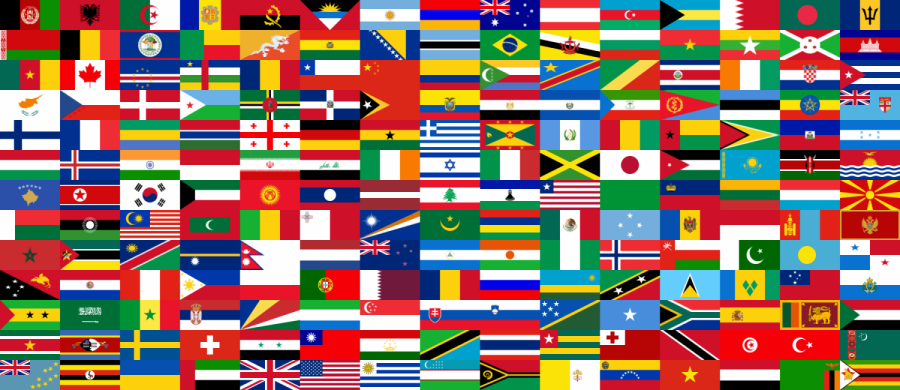The Brain of Multilingual People
While many of you speak more than one language, have you ever wondered what its impact is on your brain? Indeed, some of you might be annoyed by confusing words between different languages when speaking. The good news is that being bilingual or multilingual means you would have an advantage in cognitive function.
Bilingual experience alters the prefrontal cortex structure, the bilateral supramarginal gyri and the anterior cingulate, all of which impact neural plasticity, or the brain’s ability to adapt to the environment and experiences. As you might have experienced, you can interpret complex expressions containing words from different languages with striking ease. At the same time, bilingual experience makes grey matter (the number of neuron cells and dendrites in the brain) denser, indicating a healthier brain.
It is also worth noticing that the degree of changes in the neural plasticity and the size and type of the neural network depends on the languages you master. For instance, the brain of people who speak tonal languages, like Mandarin, works differently than people who speak non-tonal languages, like English. When you are speaking Mandarin, your brain will exhibit a very different flow of information during speech comprehension, using both hemispheres of the brain rather than just the left, which is seen as the primary neurological region for processing language (and the right hemisphere has long been seen as unrelated to language comprehension).






































